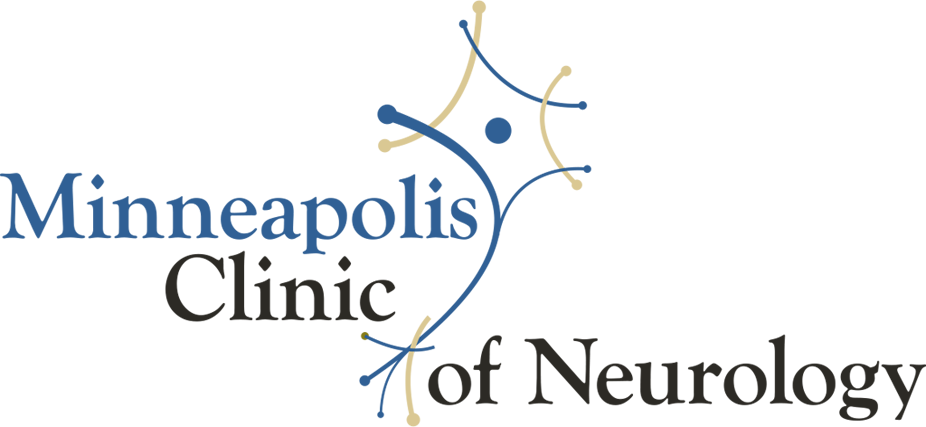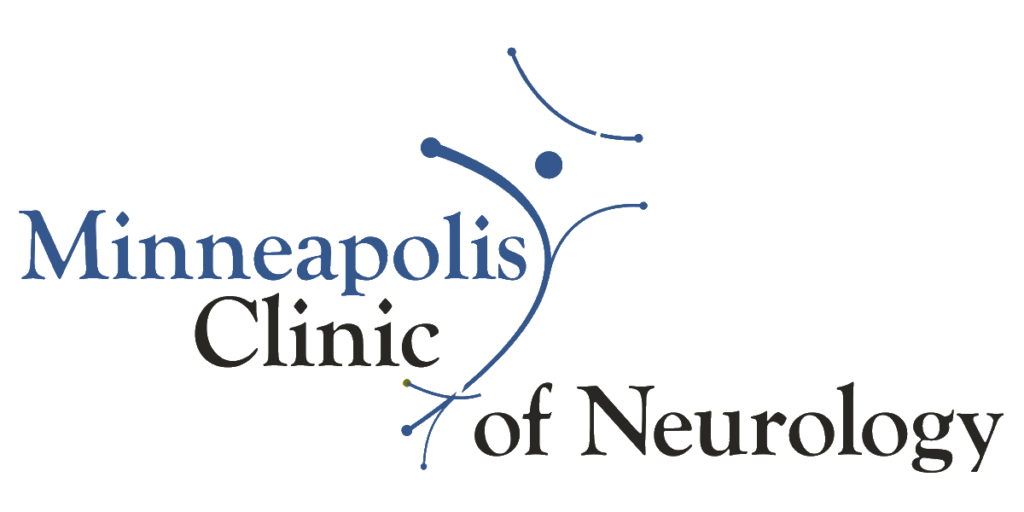Early Signs of Dementia
September marks World Alzheimer’s Month, a time to raise awareness about one of the fastest-growing health challenges worldwide.
Early detection of dementia symptoms can make a significant difference in treatment options, planning, and support for families.
Dementia isn’t a normal part of aging—and it’s not just about memory loss. Understanding the early signs can empower you to seek care sooner and improve quality of life for your loved ones.
What Is Dementia?
Dementia is a general term for a decline in mental ability severe enough to interfere with daily life. Alzheimer’s disease is the most common form, but there are many types, including vascular dementia, Lewy body dementia, and frontotemporal dementia.
While dementia risk increases with age, it’s not exclusive to older adults—and recognizing early signs matters.

Common Early Signs of Dementia
- Memory Loss That Disrupts Daily Life
- Forgetting recently learned information
- Repeating questions or conversations
- Relying increasingly on memory aids (notes, electronics)
- Difficulty Completing Familiar Tasks
- Trouble following recipes, managing a budget, or driving to familiar locations
- Confusion with Time or Place
- Losing track of dates, seasons, or forgetting where they are
- Problems with Words or Speaking
- Difficulty following conversations, finding the right word, or calling things by the wrong name
- Poor Judgment or Decision-Making
- Giving away large sums of money, neglecting personal hygiene, or trusting strangers easily
- Withdrawal from Work or Social Activities
- Avoiding hobbies, work projects, or social engagements due to changes they may not fully understand
- Mood and Personality Changes
- Increased anxiety, fearfulness, confusion, or suspicion of others

Less Common (But Important) Early Warning Signs
Sometimes early dementia symptoms are subtler and easy to miss:
- Losing sense of direction even on familiar streets
- Struggling to follow conversations with background noise
- Neglecting appointments or important dates
- Changes in handwriting (smaller, cramped letters)
- Difficulty with complex games or puzzles they once enjoyed

When to Seek Help
If you or someone you love experiences one or more of these signs—especially if they worsen over time—it’s important to talk to a healthcare professional.
Early evaluation can help rule out other conditions like vitamin deficiencies, thyroid problems, medication side effects, or depression, all of which can mimic dementia symptoms.
Neurologists can perform memory tests, imaging studies, and evaluations to better understand what’s happening—and what steps to take next.
Supporting Loved Ones Facing Memory Changes
Navigating memory loss can be emotional and overwhelming, but small supportive actions can make a huge difference:
- Use simple calendars, reminder notes, and daily routines
- Encourage engagement in safe physical and cognitive activities
- Communicate patiently and listen actively
- Provide reassurance and emotional support
- Explore local resources for caregivers and memory care
Early support can help maintain dignity, independence, and quality of life as long as possible.
You’re Not Alone
Facing the possibility of dementia is difficult—but early action opens doors to better planning, treatment, and support options.
If you’re concerned about memory loss for yourself or a loved one – reach out to Minneapolis Clinic of Neurology today.



